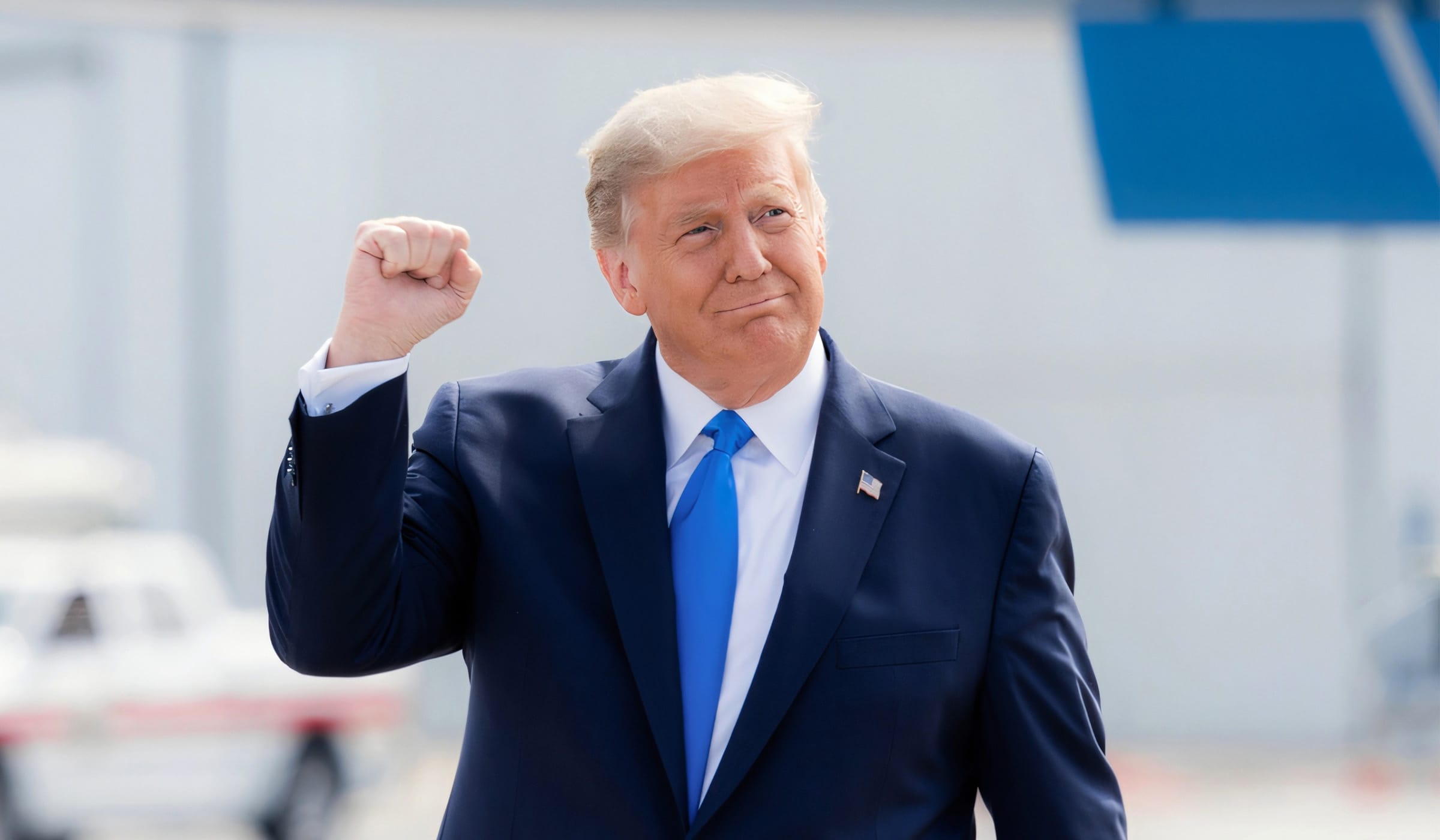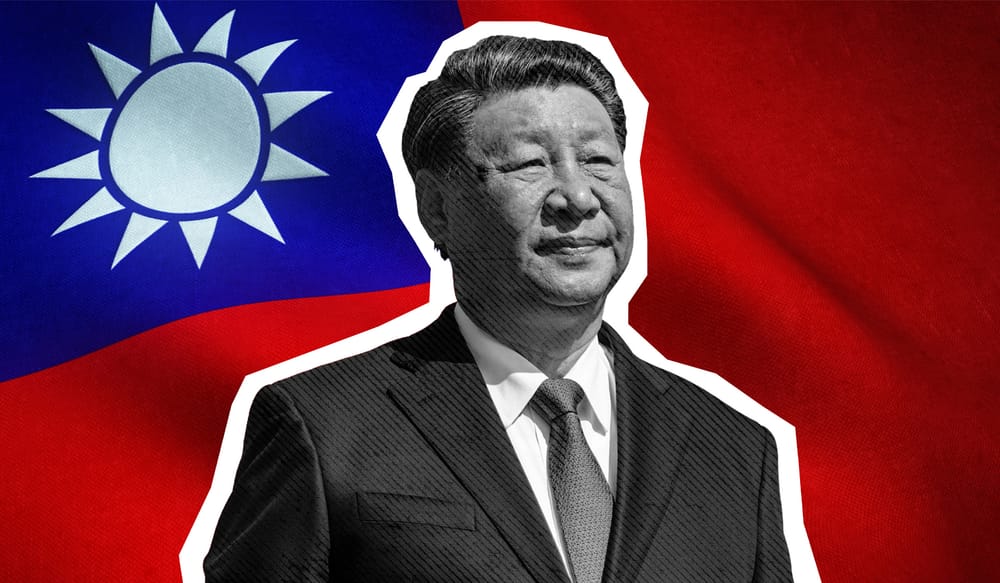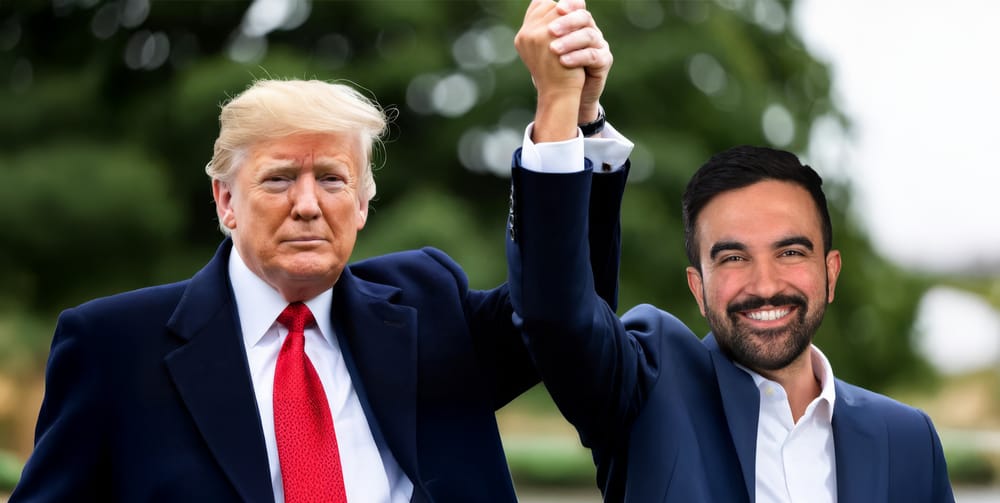I have to say I didn't expect such a spectacular climb down from both countries after just a weekend of talks. With American tariffs on Chinese goods cut to 30% and Chinese tariffs on American imports down to 10%, the trade between the two can resume in full – far sooner than expected.
The deal is in place for 90 days, with both countries expected to hammer out the details, which may be a more lengthy process, but in case an agreement can't be reached it's likely that these terms could simply be extended.
Nobody expected such a steep and quick correction, which gives Trump a credibility boost he needed after four months in the office.
Just as even his allies and voters started questioning his methods, he was given a win that might make people pause and think: "OK, maybe he's not wrong after all."
Advantage Trump
Of course the withdrawal from tariffs is mutual and in China might be portrayed as equal on both sides, but for Americans it does not include tariffs placed on China before April 2, while Beijing agreed to walk back non-tariff barriers it imposed on the US in addition to tariffs.

And compared to pre-Trump conditions, while China is keeping its own tariffs at 10% the US increased them to 30% – which is still a very significant level. Other loopholes, like the de minimis exemption that Chinese platforms like Temu took advantage of remain closed.
What's more, due to the nature of bilateral trade, the 10% tariff China imposes on American imports is going to hurt it more than the US, by making some crucial purchases – for which there aren't any ready replacements elsewhere – more expensive.
Meanwhile, the main problem for the USA has been the overdependence of American companies on manufacturing in China.
By keeping it considerably more expensive – 30% is still a very steep levy – it should motivate them to either bring some of it back home or at least move it elsewhere, still hurting Beijing in the process.
In that sense the deal hailed as a major milestone today only cements the impression that there's no going back to China for American capital.
When it comes to trade in rare earth minerals, it wasn't explicitly mentioned in the agreement, but the US has to look for strategic alternatives anyway, as dependence on China is untenable and downright dangerous in the long run.
Trump can't lose any battle but can he win the war?
As I commented multiple times before, it is impossible for Trump or America in general to lose any of its battles on trade, because of the sheer disproportion in importance of bilateral exchange with any country – including China.
The US is the world's largest buyer while also being one of the countries least dependent on exports. Economically it can outlast anybody.
Any deal that's going to be signed in the coming months will improve the conditions for American exporters, while making it harder and more expensive for foreigners to sell in the USA.
However, while we can be sure of this even before anything is signed, it is far less certain that Trump's administration can achieve its overarching goals: reduction of both trade and fiscal deficits, and bringing manufacturing back to the US in a meaningful scale.
It's also unclear what the impact on consumer prices is going to be and whether Americans will accept some inflation on the shelves or online platforms, including Amazon, which could be costly politically when the US heads to vote in the midterms next year.
What does the deal mean for other countries?
While the White House made it clear that 10% rate is the new baseline for everybody, no matter how friendly their relations with the US are, we now have an idea what the cap on the tariffs may be: 30%.
The conditions of the deal will become a useful reference point for American negotiators who will now be able to play this card in talks with all other countries.
If their counterparts try to ask for deeper cuts, they can always point to China and say: "look, we're charging the Chinese 30%, we won't go lower for you."
Since the 90-day countdown for the rest of the world has been ticking for a month already, nobody can wait for what the final agreement between Washington and Beijing may be, and will have to negotiate knowing what they know at the moment.
Trump and his team have played this round very well, steering China toward conditions that are quite favorable to them before any future grand bargain is struck. Simultaneously, they have secured a useful tool for achieving the same with everybody else.









